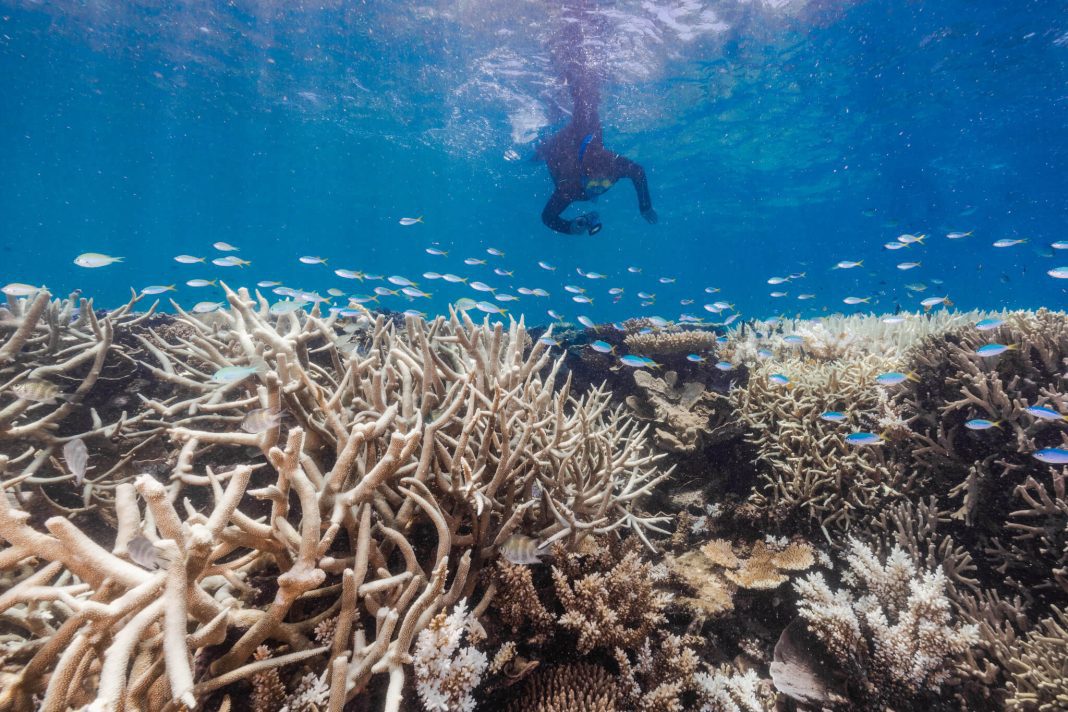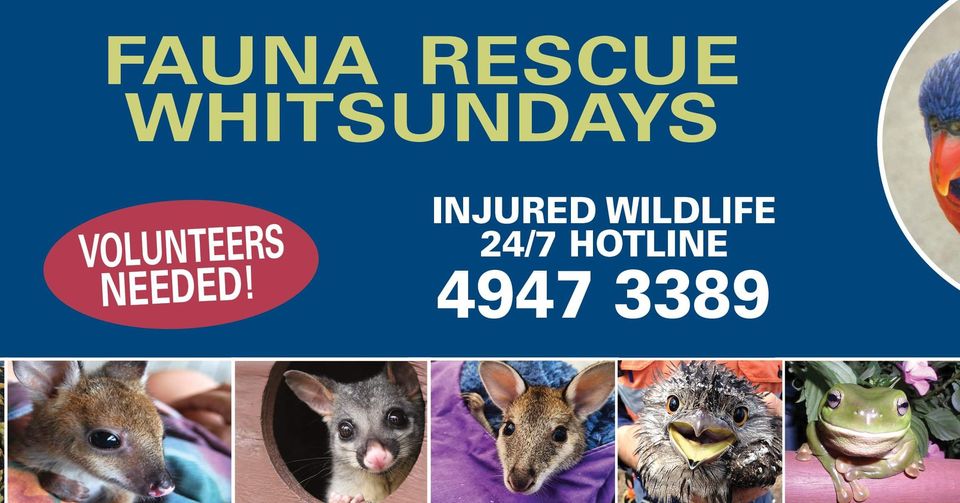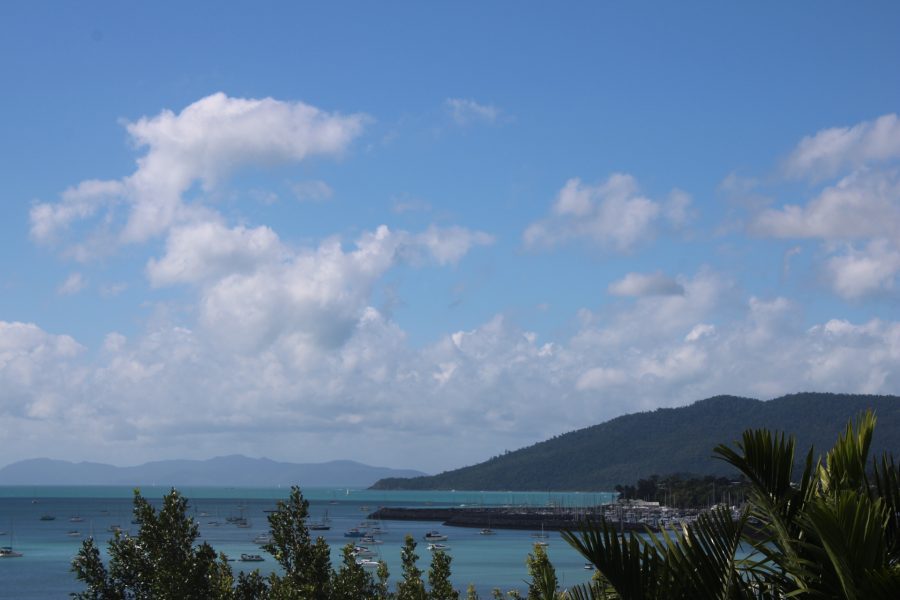Contributed by the Whitsunday Conservation Council
THE GREAT Barrier Reef has once again avoided an ‘in danger’ listing from UNESCO.
However, the government has been given a list of recommendations to preserve its World Heritage status and must submit a progress report to the World Heritage committee, by February 2025.
“This is disappointing but not surprising,” Whitsunday Conservation Council president Tony Fontes said.
“The reef is in danger and should be listed ‘in danger’. We have seen it all before, starting back in 2012, and nearly every year since.
“UNESCO threatens Australia with a reef ‘in danger’ listing and demands a progress report.
The Australian Government lobbies UNESCO and are let off the hook. Repeat, repeat, repeat. It is a political game.
“In the meantime, the reef’s health continues to deteriorate. Water quality remains poor, large scale land clearing continues in the reef catchment and we have seen five mass bleaching events in the past eight years, with this year’s bleaching event likely to be the worst on record.
“The Great Barrier Reef Marine Park Authority has described the overall outlook for the reef as poor.”
UNESCO’s list of recommendations includes:
- Set more ambitious climate targets for the reef
- Continue efforts to reduce pollution running into the reef
- Control coral-eating starfish outbreaks
- Reduce land clearing in the reef catchment.
What the government is doing:
Currently, the Federal Government’s target is to cut greenhouse gas emissions by 43 per cent, by 2030, and it claims that it is ‘on track’ to have national climate targets in line with keeping global heating to 1.5C.
Queensland, this year, set a target to cut emissions by 75 per cent below 2005 levels, by 2035. The state premier Steven Miles said protecting the reef was a priority for his government.
The Coalition has said it would not back the country’s current targets if it won the next election, saying they were too ambitious.
What the government is not doing:
“Both the state and federal governments talk the talk but do not walk the walk,” Mr Fontes said.
“They claim to be protecting the reef with their climate targets but then they support the opening of new coal and gas projects. This is completely incompatible. You can have coral reefs or coal and gas, but not both.
“The government needs to commit to a 90 per cent cut to emissions from 2005 levels, by 2035, end new fossil fuel projects, and support a global phase-out of fossil fuels.”
What the environment minister said:
Regarding the reef not ‘in danger’ recommendation, Environment Minister Tanya Plibersek claimed that this was ‘a huge win’ for Queensland, for people working on the reef and for its wildlife.
“This is not a win but it is a lost opportunity to improve the health of the Reef,” Mr Fontes said.
“The ‘in danger’ listing will benefit the reef and all those who depend on a healthy reef.
“Research has shown that an ‘in danger’ listing has little to no impact on tourism.
“But declaring the reef in danger is the best way to protect the reef. Climate change requires a collaborative, worldwide effort to combat it.
“The ‘in danger’ listing will bring the focus of Australia and the world onto the reef and, together, we can protect it.”






